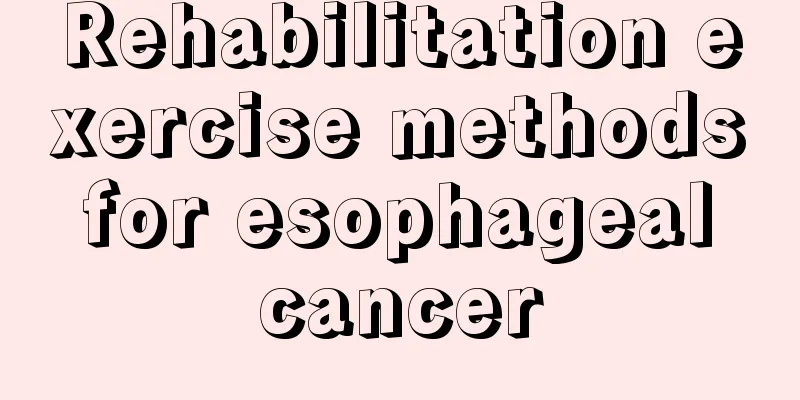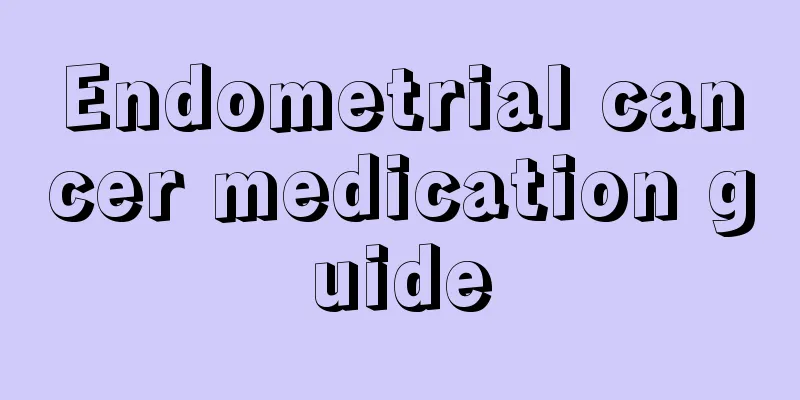Can low heart rate be cured?

|
There are always some heart disease patients in life. The first symptom of heart disease patients is irregular heartbeat, especially those patients with heart failure. Their heart rate will be particularly low when the disease occurs. Because our normal heart rate is 60 to 100 beats per minute, and those patients with low heart rate have a heartbeat of less than 60 beats per minute, which is very dangerous. So can this disease of low heart rate be cured? The most common causes of bradycardia are pathological sinus bradycardia, sinus arrest, sinoatrial block, and atrioventricular conduction block. Pathological sinus bradycardia is characterized by a slow heartbeat with uncomfortable symptoms. The causes are often sick sinus syndrome, acute myocardial infarction, hypothyroidism, increased intracranial pressure, or the use of drugs that slow down the heart rate (such as bisoprolol, isopamine, digitalis, reserpine, etc.). Sinus arrest, sinoatrial block, and atrioventricular block are characterized by prolonged heart arrest. The causes of this condition include sick sinus syndrome, degenerative changes in the conduction system, congenital atrioventricular conduction tissue, myocarditis, myocardial infarction, etc. An arrest time of more than 3 seconds is very dangerous and may cause malignant ventricular arrhythmias and lead to sudden death. Patients with symptomatic bradycardia, especially those that affect their quality of life, or whose heart stops beating for more than 3 seconds, or who have transient blackouts or syncope, should receive active treatment. Generally, the normal heart rate is 60-100 beats/minute. The heart rate will change due to weather, heat, mood, emotion, stress, diet, etc. Please test your heart rate by yourself. If it is within this range, it is normal. Please do not be overly anxious or worried. If it is lower than this range and the patient's symptoms are very obvious, no special treatment is needed and observation is the main treatment. If accompanied by discomfort symptoms and the heart rate is lower than 50 beats or even lower, it is recommended to go to the hospital for some corresponding examinations. Use a 24-hour dynamic electrocardiogram to check the cause of bradycardia and deal with it in a timely and targeted manner. A low heart rate is not an absolute contraindication for surgery. Some people with particularly strong heart functions have a low heart rate. It is said that for Liu Xiang, a heart rate of 30 beats per minute can meet the body's needs. However, under anesthesia, a person's heart rate will indeed decrease. If undergoing general anesthesia surgery, one needs to be alert to the possibility of cardiac arrest. Fitting a pacemaker should solve this problem. Suggestions: If the new function is very good and the heart rate is not particularly low, general anesthesia can be considered; if the heart rate is particularly low, it is recommended to solve the bradycardia problem first and then consider surgery. |
<<: Can allergies cause a fast heart rate?
>>: A 25-year-old guy's heart rate is only 52
Recommend
What food to eat for dry mouth
People who often suffer from dry mouth can improv...
Rehabilitation nursing methods for gallbladder cancer
Everyone is afraid of tumors, thinking that if a ...
With the diagnosis of gastric cancer, the patient's condition can be discovered in time
Often, an unhealthy diet can cause gastric cancer...
What are the dangers of a small pulse pressure difference
Under normal circumstances, there is a certain di...
Symptoms of drowsiness due to brain metastasis of lung cancer
The more I take Chinese medicine, the heavier I g...
Can Houttuynia cordata help lose weight
Houttuynia cordata has many functions. For exampl...
Evaluation of the Pancreatic Cancer Palliative Care Program
The radical surgical resection rate of pancreatic...
What's wrong with my legs being sore
Some people are prone to leg soreness, so they ar...
How can we control prostate cancer as early as possible
Among male cancers, prostate cancer is the most c...
Introduction to the site of colorectal cancer
The incidence and mortality of colorectal cancer ...
Do I need to wash off the vitamin E after applying it?
Vitamin E is an essential vitamin for the human b...
What is septicemia_What is septicemia
Sepsis is a very serious disease, but most people...
How to make and recipe of candied haws
Candied haws can be said to be a snack with a rel...
What is the function of bamboo charcoal cervical pillow?
No matter who you are, you must remember to choos...
What is the reason for pain behind the knee
If you have pain behind the knee, you should cons...









